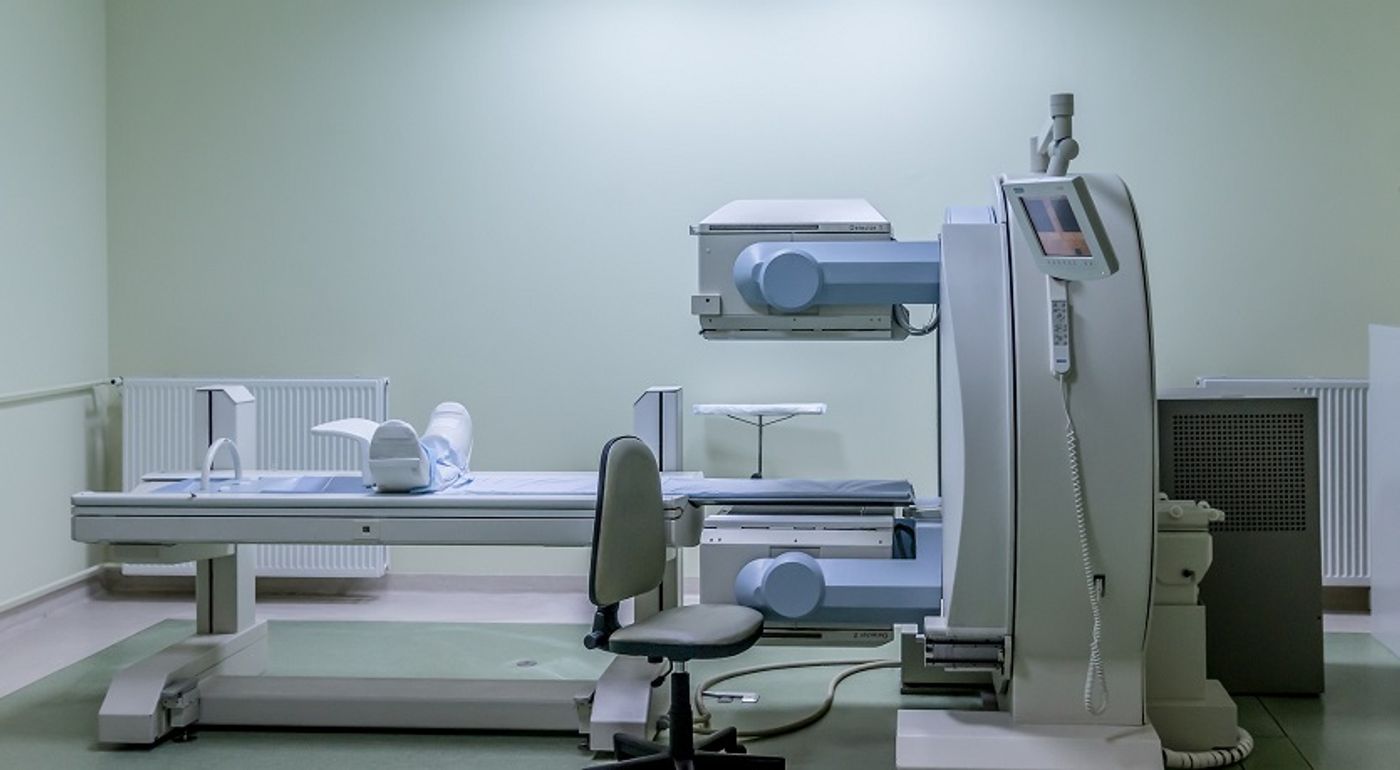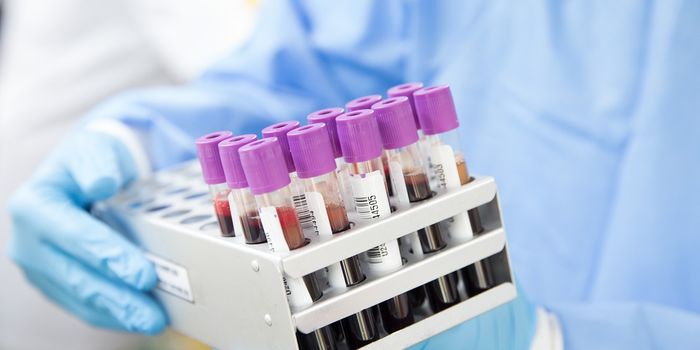Researching New RNA Biomarkers for Liver Cancer
The most important part of cancer treatment is the first step, diagnosis. Many cancers can lie dormant for years, reaching dangerous stages before a doctor knows to look for them. In response, researchers are constantly searching for new tools to find cancers before they become malignant.
RNAs are pieces of genetic information that are built from DNA and translated into proteins. Several classes of RNA exist, including normal messenger RNA (mRNA) used for protein synthesis and many non-coding RNAs that bind to mRNA and regulate the genome. These non-coding RNAs offer a new source for potential biomarkers for diagnostics.
A team from the National University of Singapore sought to identify new RNAs involved in Hepatocellular Carcinomas (HCC) progression. They chose to examine long non-coding RNAs (lncRNAs) alongside mRNAs. LncRNAs regulate the genome by binding mRNA and preventing the expression of proteins. The goal was to create lncRNA profiles that could diagnose HCC and identify the systems they impact.
They began by investigating which lncRNAs and mRNAs were up-regulated or down-regulated in HCC. From this data, they generated a set of lncRNAs and mRNA binding partners. They then created an interaction network to determine what systems were impacted by the lncRNAs. This allowed them to examine the predicted impact of each lncRNA, and it's possible role in the cell.
One theory was that individual lncRNAs might act as "master regulators" and regulate several genes. Their analysis revealed several of the lncRNAs indeed had a high impact on pro- or anti-tumor pathways. Some of the lncRNAs even had the potential to be prognostic markers for HCC. Follow up work was done to validate some of the markers, but many require further research.
This study managed to generate several potential lncRNA biomarkers and predict what systems they impact in the cell. A critical aspect of this study was the dual objective of identifying biomarkers and the systems they impact. Many of the biomarker candidates may become future diagnostic markers. However, this study may also impact biomarker research methods. Using prediction tools to analyze biomarker screening experiments could accelerate diagnostic research significantly.
The team concludes, "If validated, this strategy may be employed to facilitate the identification of key targetable master regulator of genes that play roles in modulating prognosis of not only HCC, but other cancers as well."









